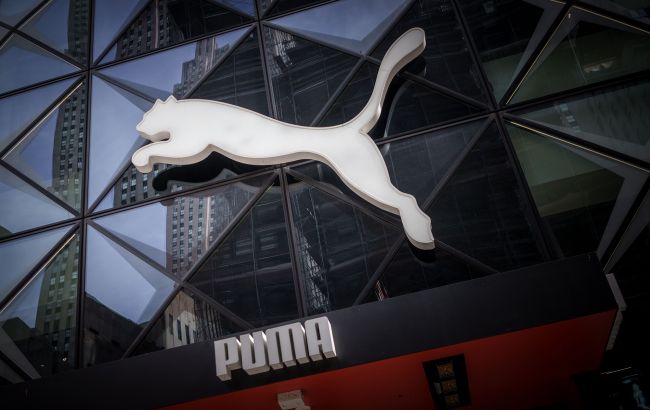Israel's national football team to lose Puma sponsorship in 2024
 Photo: Israel's national football team to lose Puma sponsorship in 2024 (GettyImages)
Photo: Israel's national football team to lose Puma sponsorship in 2024 (GettyImages)
Puma, a leading sports brand, has announced it will not renew its sponsorship contract with Israel's national football team after 2024. This decision is part of the company's broader strategy and is not a response to consumer boycott calls linked to the Gaza war, according to Bloomberg.
The decision to end the sponsorship with Israel's football federation was made last year as part of Puma's "fewer-bigger-better" strategy under the leadership of CEO Arne Freundt, who took over in November 2022.
Freundt, who joined Puma in 2011, has been instrumental in developing this strategy with his predecessor, Bjorn Gulden. This shift aims to reposition Puma as a higher-end brand, focusing on markets like the U.S. and introducing higher-priced products while phasing out cheaper ones.
Terminating the Israel team sponsorship is part of Puma's broader strategy, including ending the partnership with Serbia's national team and introducing a new high-profile squad sponsorship.
The review of Puma's national football program sponsorships considered sales and international tournament participation.
The company clarified that the timing of this decision aligns with the standard process for designing and developing new team jerseys. Following this announcement, Puma's stock saw a 2.4% rise despite a 3.6% decline earlier in the year.
Puma will soon announce new partnerships with several national teams.
Boycott controversy
Since 2018, when Puma first signed with the Israel Football Association (IFA), the company has faced boycott calls due to the IFA's inclusion of teams from Jewish-only settlements in the occupied West Bank, considered illegal under international law.
The decision comes amidst a backdrop of increasing boycott calls against global firms supportive of Israel by the Palestinian-led Boycott, Divest, Sanctions (BDS) movement, particularly heightened during the recent Gaza conflict.
This environment has influenced other brands as well, such as Zara, which recently faced a backlash over an advertising campaign perceived to mimic scenes of suffering in Gaza.

